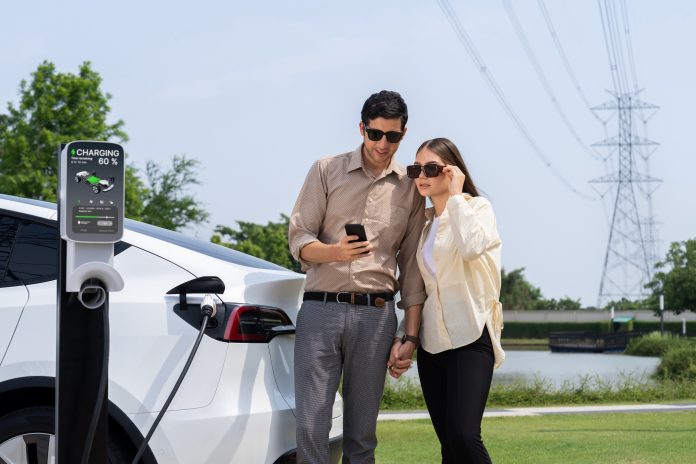Toyota and local energy utility Pepco have joined forces to explore vehicle-to-grid (V2G) technology using a Toyota bZ4X battery electric vehicle (BEV). This initiative will investigate bidirectional power flow technology, which allows BEV owners to charge their cars and send power back to the local energy grid. V2G technology aims to enhance energy reliability, integrate renewables, and potentially reduce consumer electricity costs.
The collaboration aims to gather insights into EV owners’ charging habits and vehicle usage, essential for promoting the widespread adoption of V2G technology. Currently, nearly 80% of EV owners charge their vehicles at home overnight when energy demand is lower. With bidirectional capability, these vehicles could supply power back to the grid during peak demand hours or critical times, such as during severe weather events.
“Bidirectional charging is a great way for customers to leverage their EVs in a way that supports the grids and their home electricity ecosystem,” said Christopher Yang, group vice president of Toyota EV Charging Solutions. He added, “Working with Pepco will help us understand charging and discharging use cases, which will ultimately benefit our customers and help utility providers better understand grid demands.”
Maryland, one of the fastest-growing EV markets in the U.S., aims to have 300,000 EVs on the road by 2025. Pepco is facilitating this growth by installing 250 EV chargers across Montgomery and Prince George’s Counties. In April, Maryland became the first state to pass V2G legislation, known as HB 1256 – the Distributed Renewable Integration and Vehicle Electrification (DRIVE) Act – which mandates utilities to develop interconnection processes for bidirectional chargers.
Pepco will conduct the V2G research at its Watershed Sustainability Center in Rockville, Maryland, using a bidirectional charger. Pepco will lead the effort in designing and evaluating various EV charging and discharging scenarios that can benefit both the grid and customers. This demonstration project will also help Pepco understand the infrastructure required to support the rapid growth of EV charging and the interconnection of numerous V2G assets to the grid, preparing the utility to meet the DRIVE Act requirements and supporting customer adoption of this technology.
Currently, Toyota offers two mass-market BEVs in the U.S. and Canada – the Toyota bZ4X and Lexus RZ. Toyota recently announced plans for two new three-row BEV SUVs to be assembled at Toyota Motor Manufacturing Kentucky and Toyota Motor Manufacturing Indiana. By 2030, Toyota aims to offer 30 BEV models globally across its Toyota and Lexus brands and produce up to 3.5 million BEVs annually.



